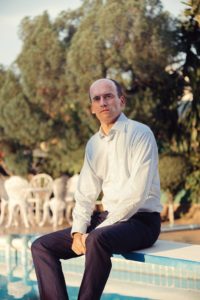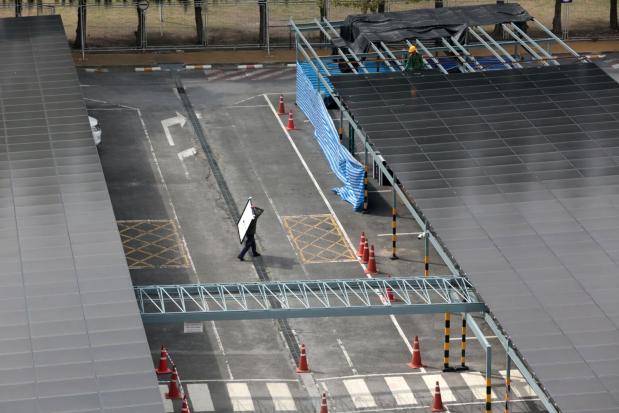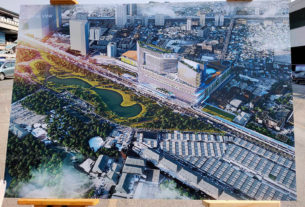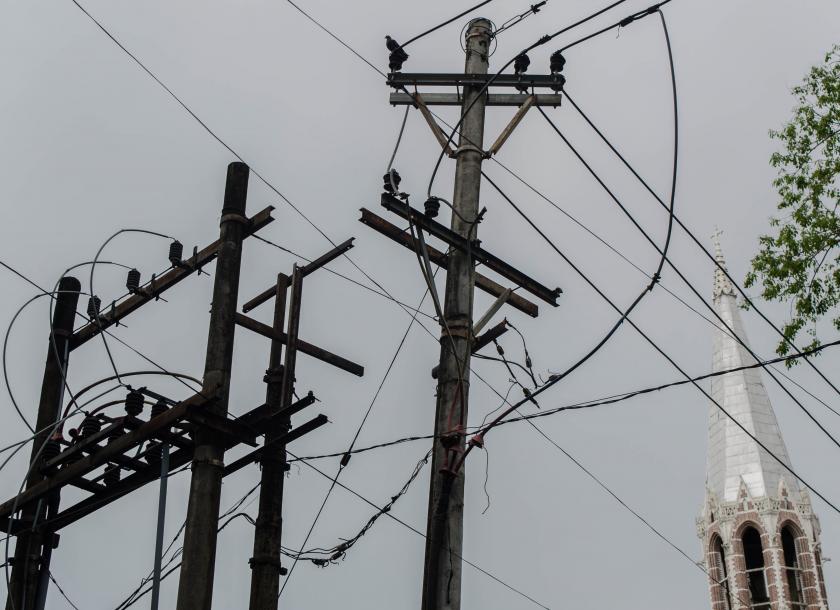 Patrice Bard, Managing Director of construction giant Bouygues-Thai on Building Back Stronger
Patrice Bard, Managing Director of construction giant Bouygues-Thai on Building Back Stronger
Casting a glance at the statistics might give the impression that Thailand fared better than most when it came to COVID-19. Tough lockdowns and travel restrictions meant there were fewer than 7,000 cases throughout 2020 and only 61 deaths in a country of nearly 70 million. Even after a major outbreak linked to Bangkok nightclubs and a boxing match in April this year, in which more than 70,000 people were infected, put the country below international averages with 15.31 total deaths per million at the beginning of June. In comparison, Sri Lanka had 69.3 deaths per million, Pakistan 94.75, the UK 1,886 and Hungary a shocking 3,077.
However, the Thai economy, which is the second largest in South-East Asia, was hit much more severely than surrounding countries, with the World Bank predicting an 8.9 per cent annual contraction in September 2020. Tourism, which accounts for a fifth of gross domestic product, declined by two thirds and remains moribund. The Asia Development Bank forecast GDP growth in Vietnam, India, Indonesia, Malaysia and Singapore, but a 4.8 per cent decline in Thailand.
“The economy slowed down significantly during the first COVID-19 wave in March and April last year,” says Patrice Bard, Managing Director of construction giant Bouygues-Thai. “A big part of that was because we had no tourists, and they are vital to the economy. It certainly hit the construction sector, but in truth we had noticed that it had begun to decline towards the end of 2019, especially the residential markets.”
“We all believe that we have to take care of our workers and change their lives for the better as they’re one of the most important things we have.”
The company is part of the Paris-headquartered Bouygues Construction empire that has 58,000 employees in more than 60 countries and generated sales of US$14.6 billion in 2020. Its Thai operation has been going for 31 years and is responsible for several major towers including the Emporio Place (44 storeys), North Point Pattaya (54), The Met (66), The River (71) and MahaNakhon (77), the country’s tallest building when it opened in 2016 and a multiple award winner for its design.
Fighting back
As the pandemic wreaked havoc last year, Bouygues-Thai adapted more quickly than most. “We had to urgently reorganise in terms of cost base and corporate structure,” Patrice remembers. “We took a long, hard look at how we were spending money and whether there were ways we could be more efficient.
“I also had to look at how we could continue to operate our sites in Bangkok in an almost normal manner through social distancing, temperature checks and verification procedures within the camps. We already had very strict safety checks in place, but this was about the health of our people.”
Patrice acknowledges that the company was forced to make some tricky decisions. “We had to admit to ourselves that because there was such an unprecedented crisis hitting us, it was going to be difficult,” he says.
“It certainly helped that I had been leading a ‘lean committee’ for more than two years where everyone was coming up with ideas on tighter ways to work in the supporting departments like IT, accounting, administration and personnel. So we were already taking steps towards finding innovative ways to be more efficient.”
One of the biggest challenges was importing enough equipment for the projects that were proceeding. “It’s been a bumpy road in terms of logistics, containers, ships, customs and so on,” Patrice says. “We had to be prepared and always make sure we had a spare wheel somewhere; otherwise we’d be facing crisis management every day, and that’s no way to run a company. At times like that, you have to instil confidence in those around you or things will go wrong very quickly.”
Having successfully kept the COVID-19 infection rate close to zero for several months, an outbreak in December caused renewed economic uncertainty until it was brought under control. “By February and March this year, we could tell the economy was in restart mode,” Patrice says.
“Construction has evolved very slowly for the past 30 years in terms of innovation.”
“We could recognise that there were positives for us in the way we have reacted and achieved cost efficiencies. That wasn’t something we were actively looking at two years ago.”
Rebuilding the economy
Patrice, who first joined the company in 1996 as an engineer, wants to form meaningful, long-term relationships that are about more than just putting up skyscrapers. “It’s important we give our clients a full package and be there with them from the very beginning, where maybe they just have a blank sheet of paper,” he says. “We help with design, materials used, how it will be maintained and ways to use green technology.
Read the full article at: https://www.theceomagazine.com/executive-interviews/construction-trades/building-back-stronger-patrice-bard/



